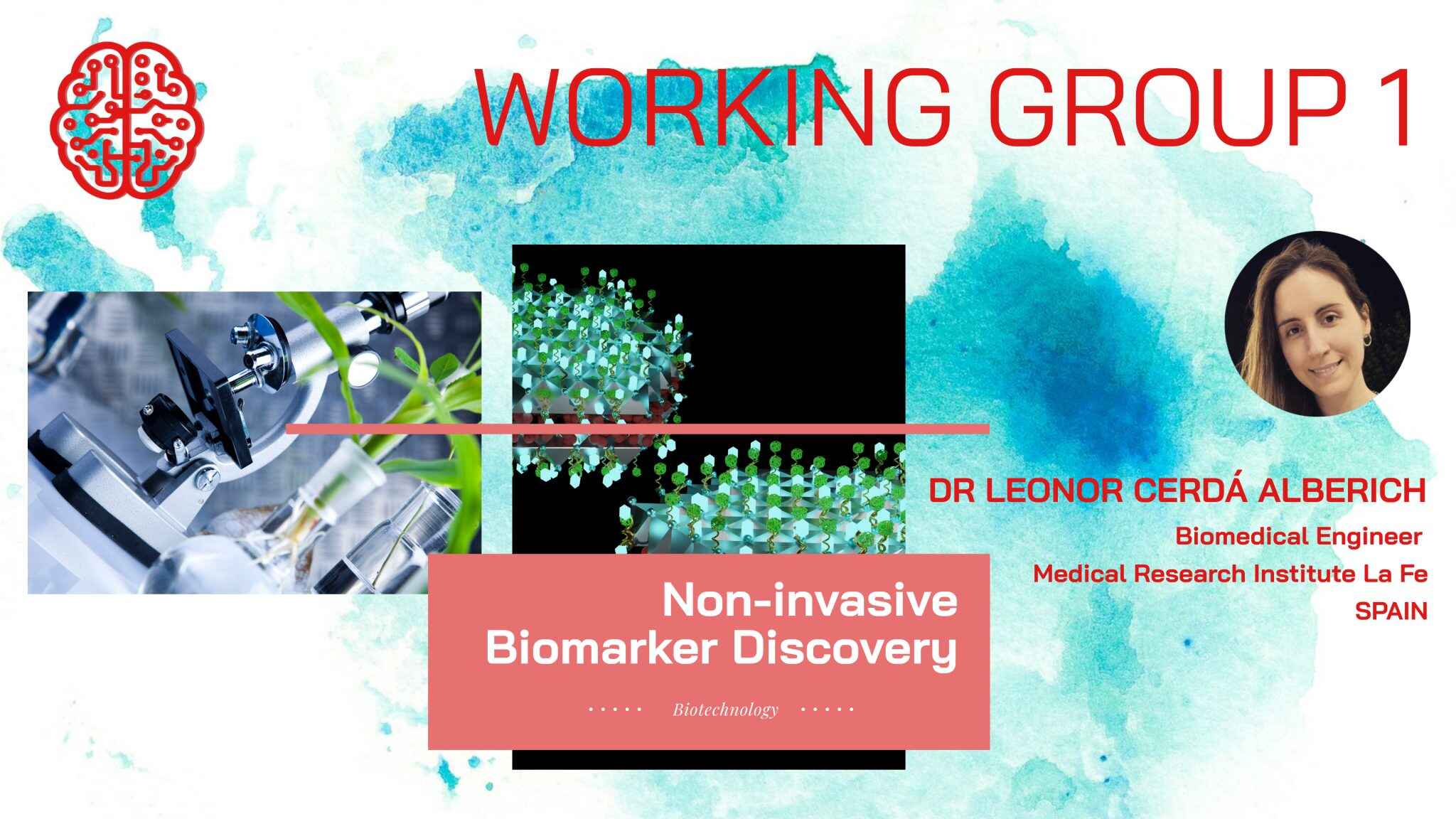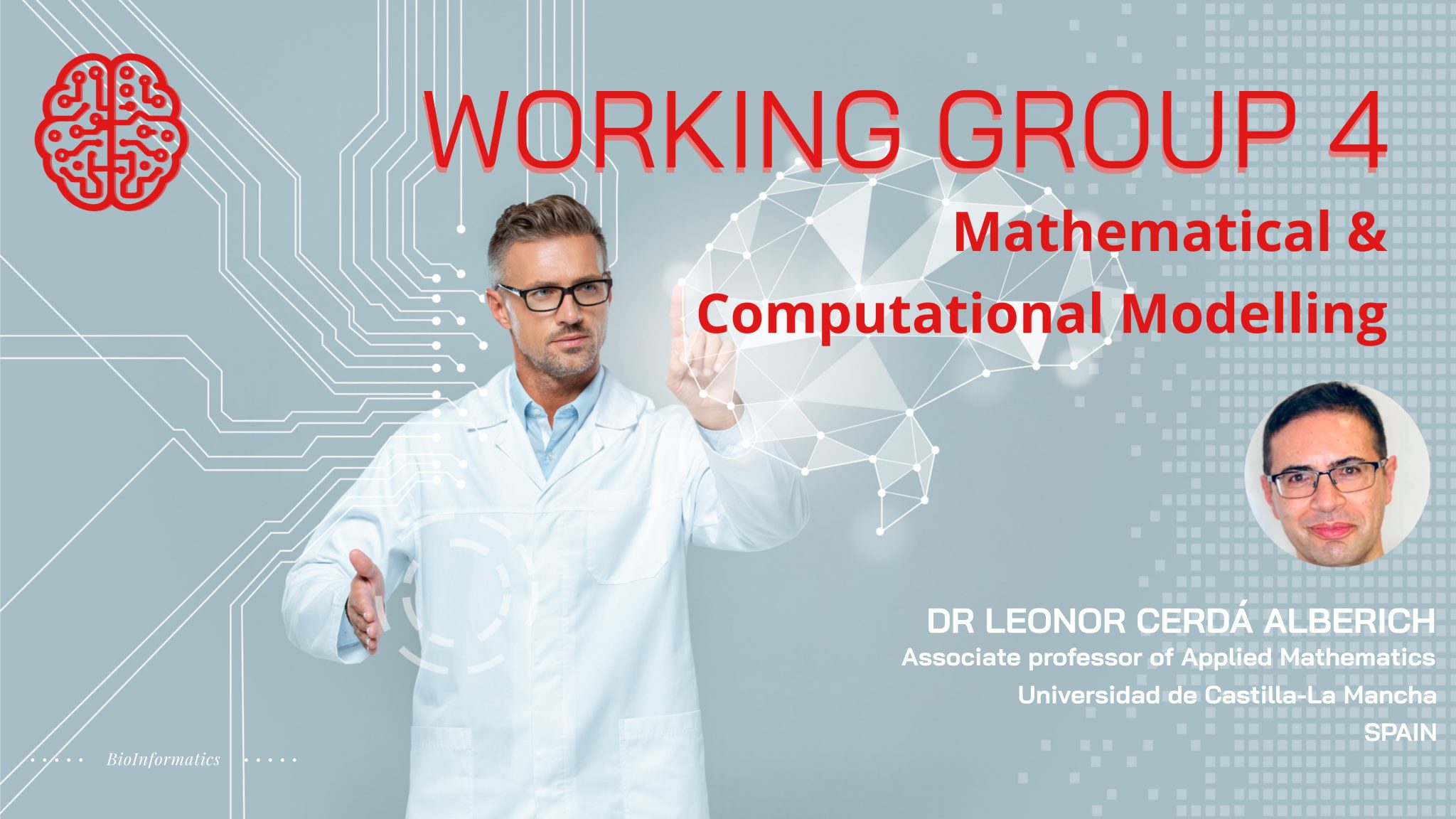Driving Brain Research Together
Net4Brain working groups bring together researchers, clinicians, and partners across Europe to share expertise, foster collaboration, and tackle the most pressing challenges in brain cancer research.
WG1. Non-invasive Biomarker Discovery
NON-INVASIVE BIOMARKER DISCOVERY (Theme-1) As mentioned above, the diagnosis of brain tumours is currently based on neuro-imaging and tissue biopsy. Brain biopsy is invasive and is associated with varied risks depending on the size and accessibility of the target. Non-invasive biomarkers could provide a complement and early solution to monitoring brain tumours. This theme aims to discover sensitive and specific brain cancer biomarkers in liquid biopsy as well as radiomics biomarkers.
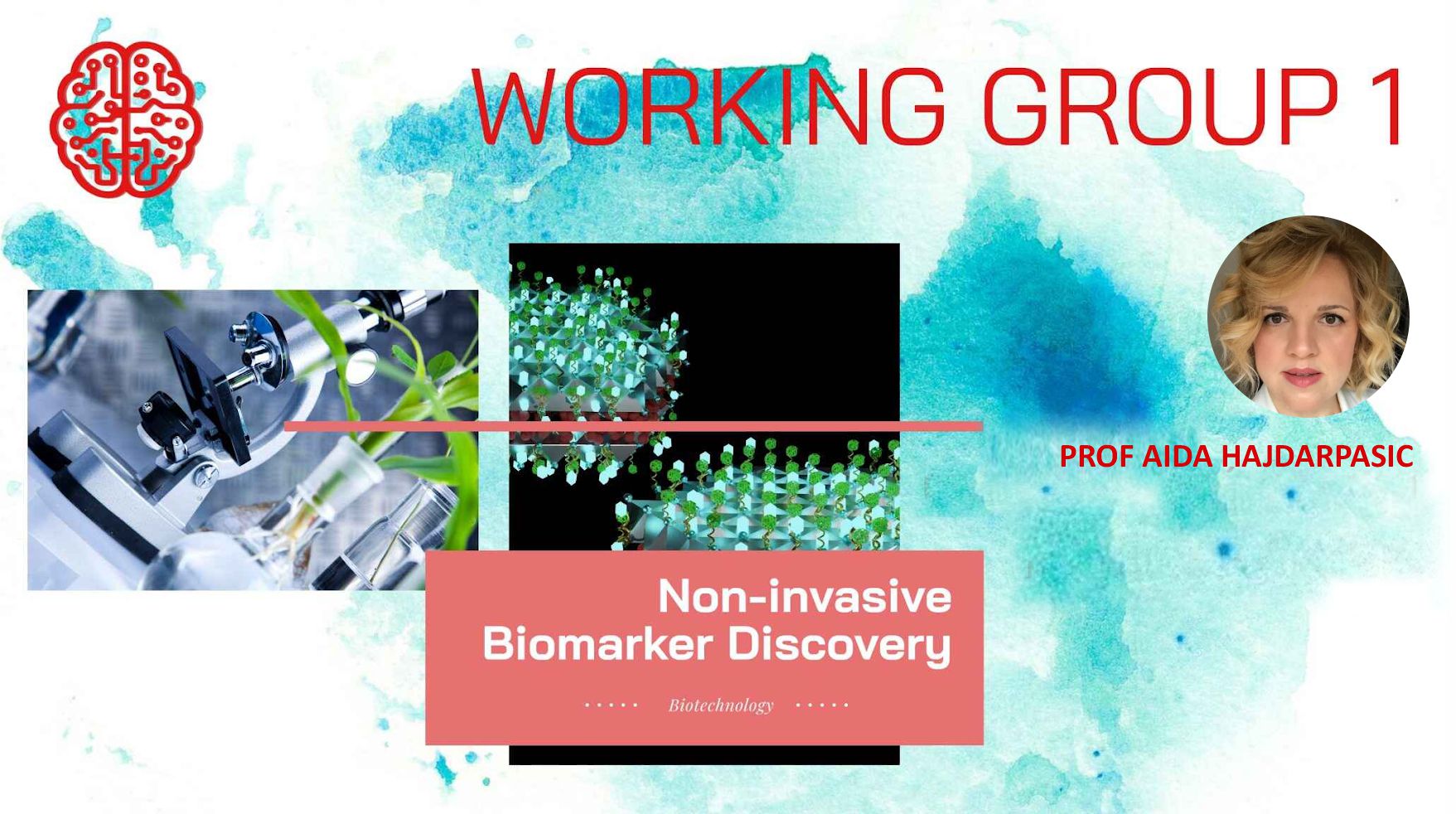
Research Leaders
Prof Aida Hajdarpasic
WG Leader
Dr Thomas C Booth
WG Co-leader
WG2. Preclinical Modelling
PRECLINICAL MODELS (Theme-2). Development of more accurate genetically engineered mouse models (GEMMs), and patient-derived orthotopic xenografts models (PDOXs), as well as 3D Systems (neurosphere, organoids and bioprinting) should contribute to a better understanding of brain tumour mechanisms.
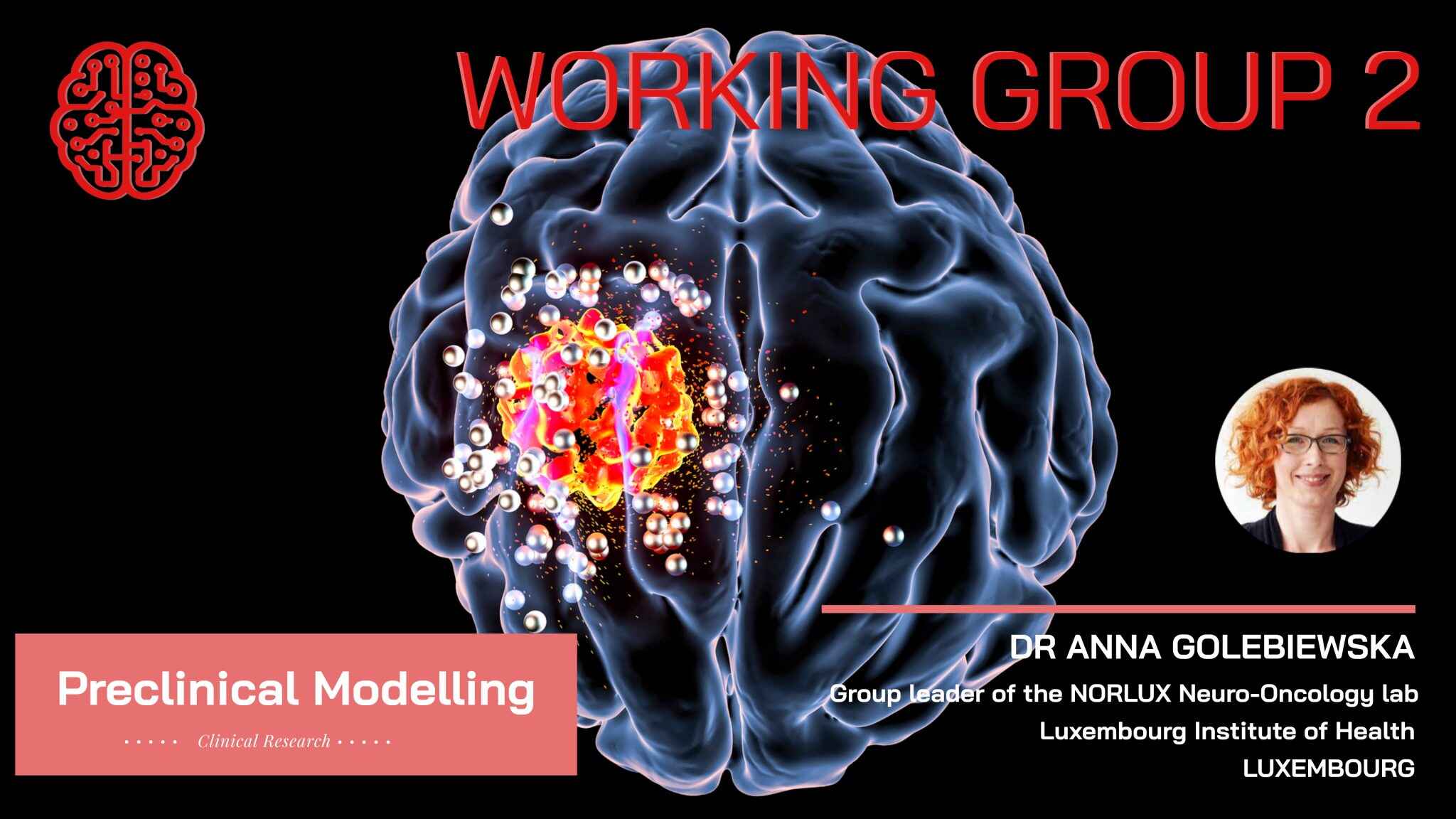
Research Leaders
Dr Anna Golebiewska
WG Leader
Dr Barbara Breznik
WG Co-leader
WG3. Pathogenesis and Tumour Profiling
PATHOGENESIS & TUMOUR PROFILING (Theme-3) A better understanding of tumour pathogenesis and progress is the key to patient stratification and treatment since it helps to select those patients who re most likely to benefit from certain therapies and improve the level of understanding of treatment related toxicities, cancer recurrence and drug resistance. Single-cell resolution has proven to be of utmost importance and has the ability to reveal a remarkable level of regional heterogeneity in cancer.
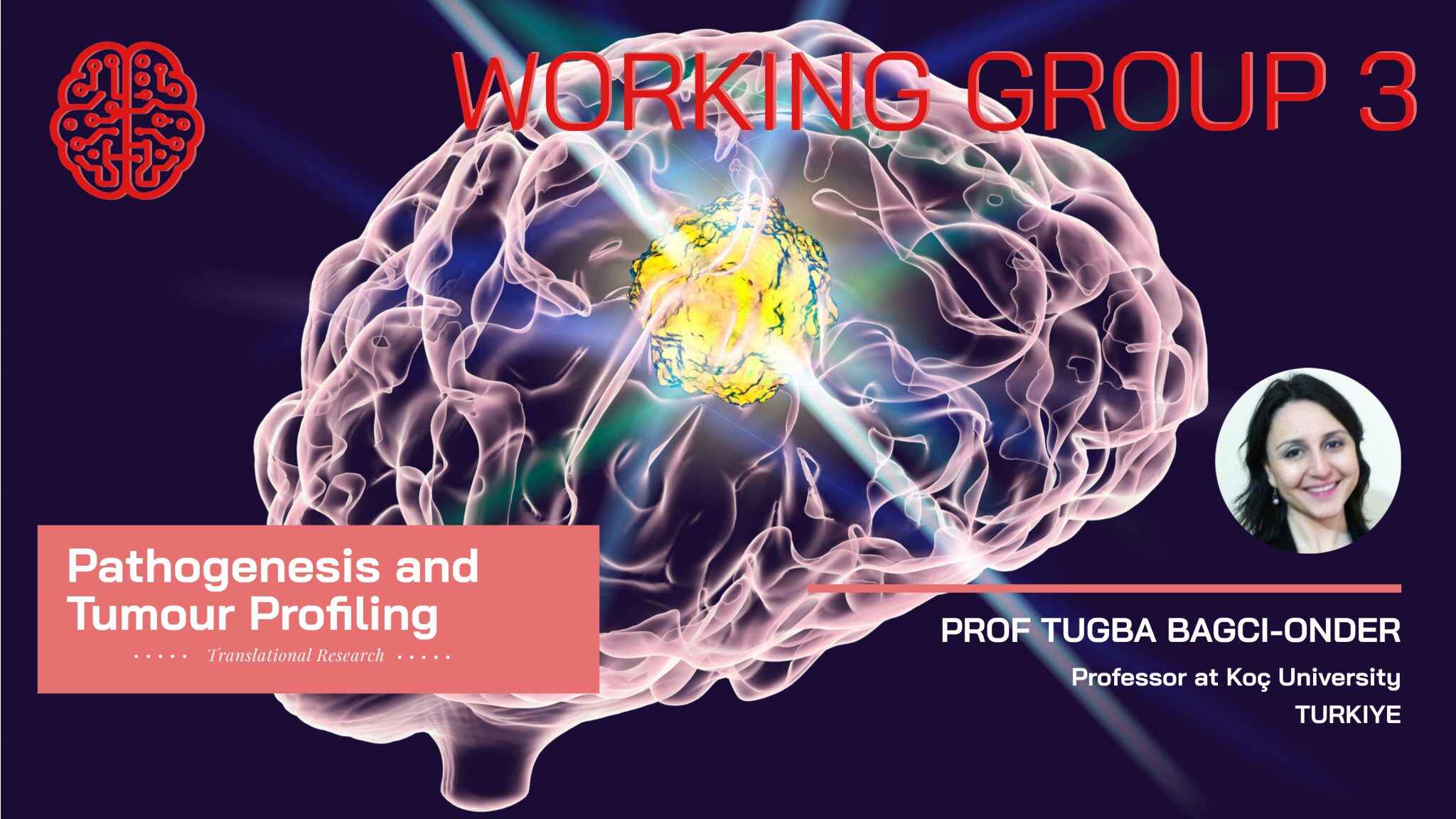
Research Leaders
Prof Tuga Bagci-Onder
WG Leader
Dr Yasin Kaymaz
WG Co-leader
WG4. Mathematical & Computational Modelling
MATHEMATICAL & COMPUTATIONAL MODELLING (Theme-4) Although ML/DL approaches such as Support Vector Machine (SVM), Random Forest (RF), as well as DL approaches, e.g. Convolutional Neural Network (CNN) and DeepCC, and subtype classification using a single type of omics or imaging data, have been successfully applied in cancer diagnosis and subtype classification, current existing methods may not be adequate to address the challenge of integrating genotypic data from patients, multi-omics data from drug treatment response, and real-world evidence into a unified framework for precision medicine.
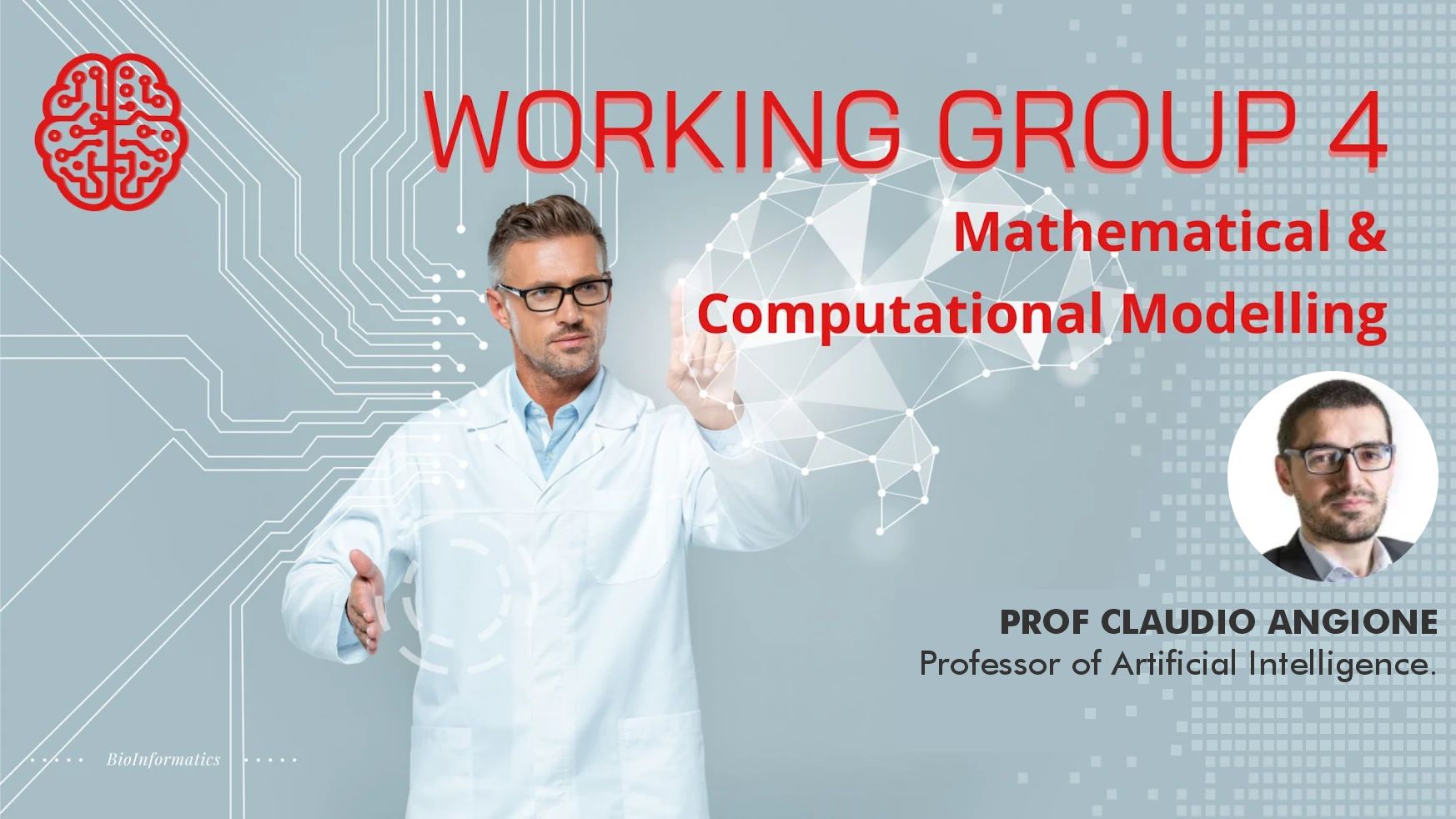
Research Leaders
Prof Claudio Angione
WG Leader
WG5. Clinical Treatment Recommendation
CLINICAL TREATMENT RECOMMENDATIONS (Theme-5) This theme aims to develop new therapeutic approaches in radiotherapy (RT). Novel pathological grading strategies will be exploited by combining radiomics and multimodal -omics techniques for RT. Specifically, to reduce treatment for less-aggressive brain tumours, it is very important to distinguish between low-risk of growth (LRG) and high-risk of growth (HRG) patients. For instance, the “Wait and See” following-up strategy can be directly applied to LRG patients.
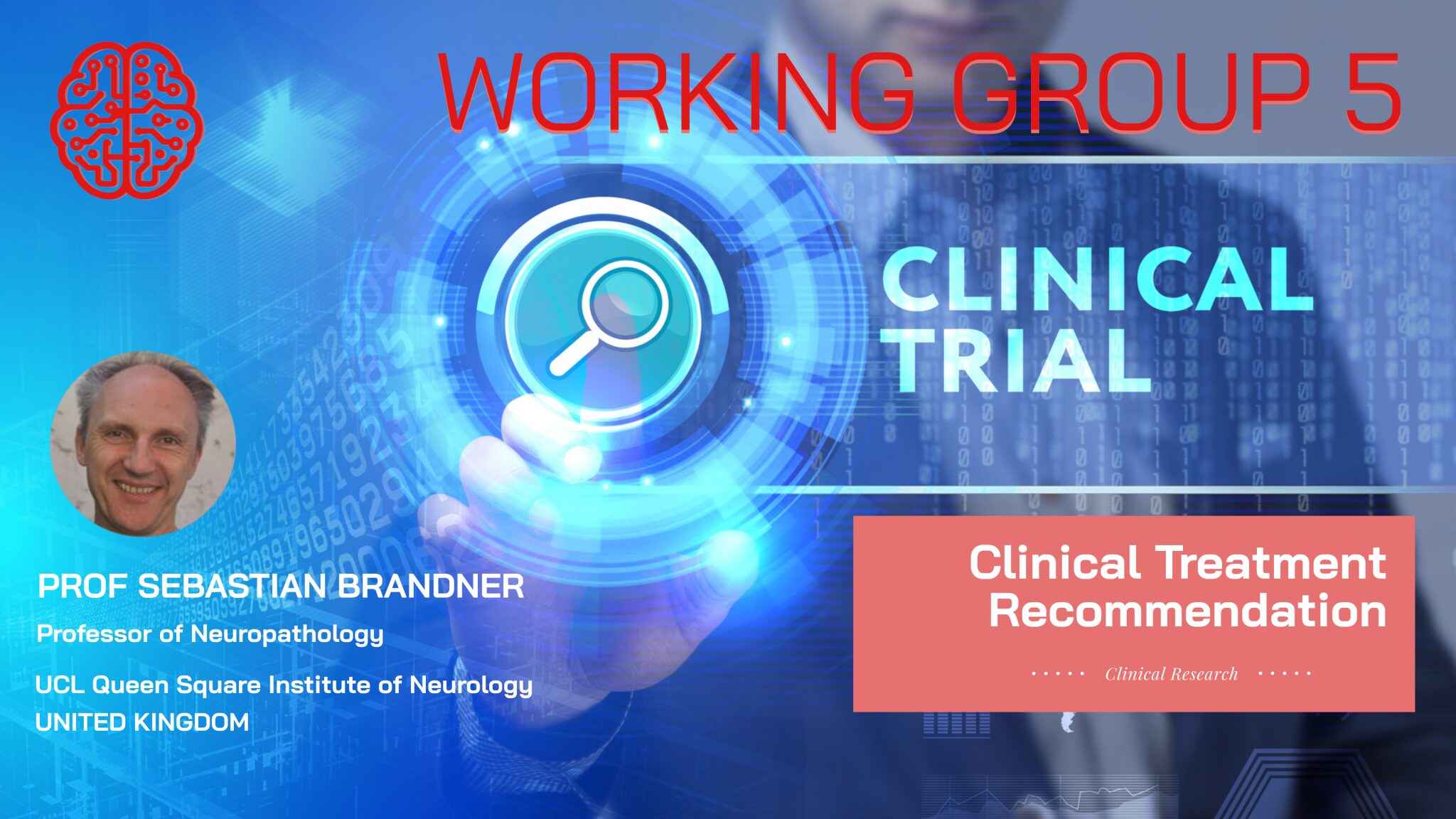
Research Leaders
Prof Sebastian Brandner
WG Leader
Dr Alkinoos Athanasiou
WG Co-Leader
WG6. Dissemination and Exploitation
The Dissemination and Exploitation Working Group is dedicated to maximizing the impact of our collaborative efforts in addressing the challenges of brain cancer research across Europe. This group recognizes that effective dissemination of research findings and the strategic exploitation of knowledge are paramount for translating scientific discoveries into meaningful clinical outcomes. Through a dynamic and multidimensional approach, the working group aims to develop comprehensive strategies for communicating research....
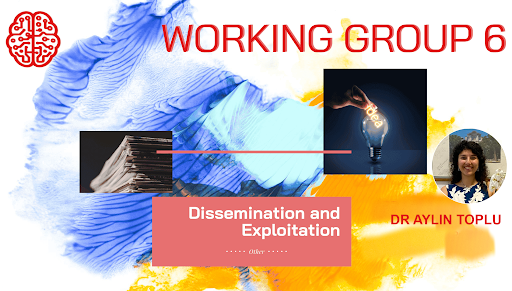
Research Leaders
Dr Aylin Toplu
WG Leader
Dr Claudia Mazo
WG Co-Leader
